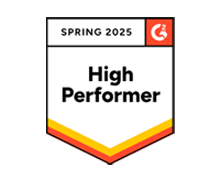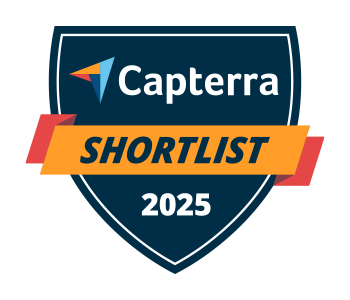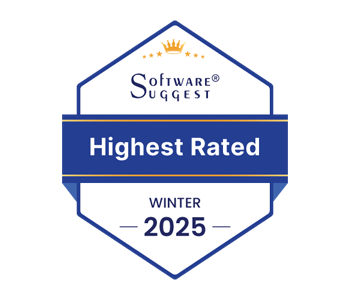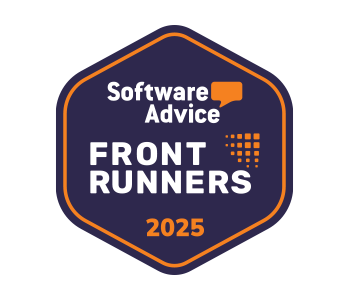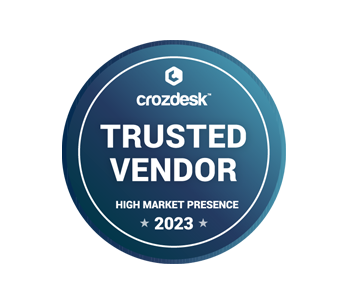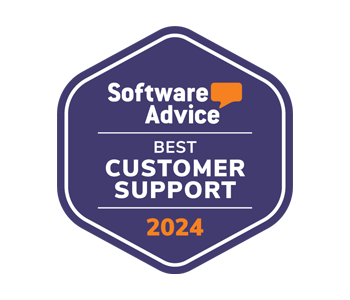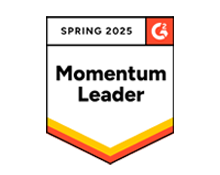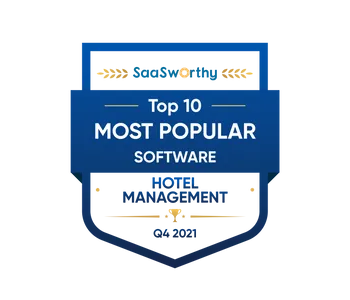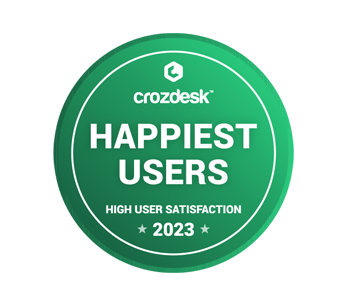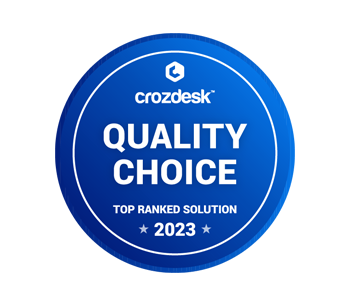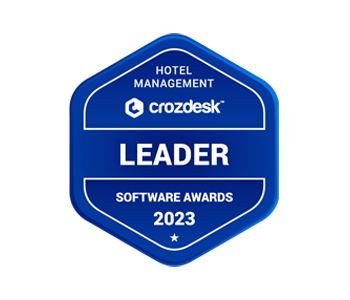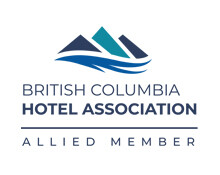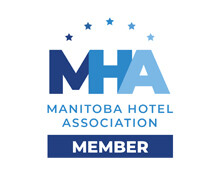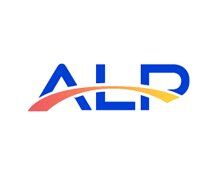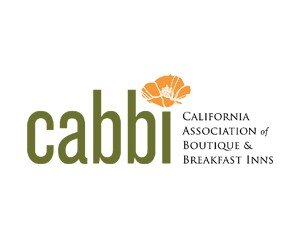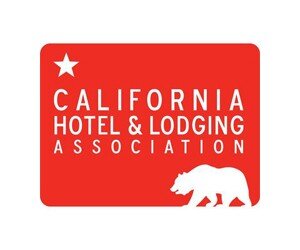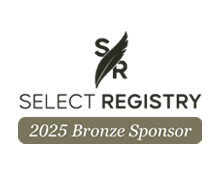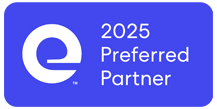The relationship between OTAs and hotels is a complex one. While hoteliers often resent the steep commissions OTAs charge, they also rely on them for a large chunk of their bookings. And for OTAs, well, without hotel inventory, they lose their most profitable business. The reality is that, for now and in the foreseeable future, OTAs and hotels need each other.
That said, increasing direct bookings and reducing reliance on OTAs is a smart strategy for any property. Direct bookings—whether through your property’s own website, phone, email, or front desk—are best. Not only do they eliminate commission fees, but they also allow you to establish direct communication with guests from the moment of booking. This connection helps you personalize the guest experience, harness upsell opportunities, and foster loyalty.
So, how can you convince guests to book direct? OTAs have earned a significant share of the market by offering a seamless booking process and attractive perks. You can do that too!
There are plenty of incentives you can use to win direct bookings, and many of these cost less than OTA commissions. However, the benefits are more than financial. Owning the booking from the start empowers hoteliers to grow customer loyalty—which is priceless.
Top Direct-Booking Incentives
The perks that work to win guests vary depending on your property’s unique selling points and target audience. Here are some proven strategies to inspire guests to book direct:
Easy Bookings
In 2023, 66 percent of travel bookings were made online, with 35 percent of those on mobile. If you want to increase direct bookings, your online booking process must be fast, simple, and mobile friendly.
Your online booking engine (OBE) should:
- Deliver a frictionless experience with minimal required fields.
- Allow guests to personalize their stay easily.
- Work seamlessly across all devices.
- Provide instant booking confirmation.
If the booking process is cumbersome, guests are more likely to turn to OTAs.
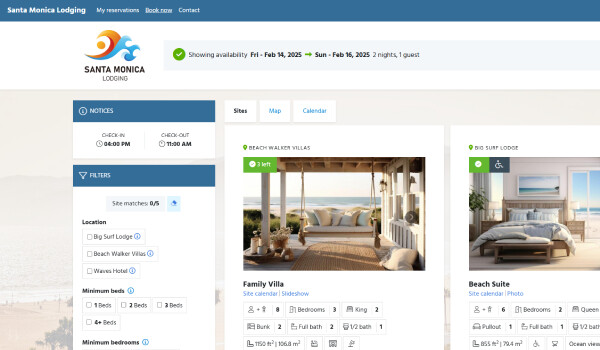
Free Room Upgrades
A free room upgrade is one of the most compelling direct booking incentives, with almost half of travel consumers saying it would convince them to book direct. This perk is especially easy to manage in low season when you have more flexibility with inventory.
Upgrade offers can be as simple as promising guests desirable features such as a better view, more space, or a balcony. Save your best rooms for direct bookers!
Free Cancellations
Offering free or flexible cancellations can be a powerful motivator. Not only are cancellations easier to manage when you are dealing directly with the guest instead of a third party, but the chance of rebooking is much higher.
Free Add-ons and Services
Who doesn’t love a freebie? Throwing in simple extras can make all the difference to customers without costing your business too much.
Free add-ons can include:
- In-room extras (premium beverage selections, local treats, welcome gifts)
- Dining perks (complimentary breakfast, free drinks, or meal vouchers)
- Service upgrades (premium Wi-Fi, self check-in, free parking, or shuttle service)
- Early check-in / late check-out for added convenience
Personalization Options
Add-ons don’t have to be free. The ability to personalize their stay gives guests a great reason to book direct. Instead of a generic booking process, allow guests to add special amenities and services at the time of booking.
Why book a room through an OTA when they can book direct and add champagne and chocolate-covered strawberries to their romantic getaway!
Loyalty Discounts
While rate parity agreements may prevent you from publicly undercutting OTA rates, you can offer discounts to specific audiences like repeat guests or social media followers. These discounts can be promoted via email campaigns or on your social media channels and booked using access codes.
Exclusive Direct-only Packages
Have you considered offering customers access to exclusive packages they can only book direct? This is a great way to attract direct bookings and stand out from the crowd. Focus on your brand and unique selling proposition to create special offers your target customers can’t resist. You can even partner with other local businesses and tour operators to provide guests with memorable destination-based experiences.
Local Discounts
Help guests explore your destination with exclusive discounts for nearby attractions, restaurants, and transportation. Making it easier (and cheaper) for guests to experience the region not only attracts bookings but promotes other local businesses and contributes to the success of your community.
Charitable Incentives
Speaking of helping your community, charitable incentives go a long way with many travelers as does sustainability. Guests want to know that their travel dollars support socially responsible businesses. Offering charitable incentives—such as donating a portion of direct bookings to local or environmental causes—can encourage guests to book direct while demonstrating your commitment to the world around you.
Pick Your Perk!
While you can tailor perks to your specific guest segments, consider providing customers a choice of incentives to personalize the booking experience and further boost the chance of conversion. For example, you could offer the choice between an upgraded beverage station or a sleep aromatherapy kit. Or let guests choose between free parking, late check-out, or a charitable donation.
This way, guests can pick the perk that offers the most value to them, further increasing their satisfaction and strengthening loyalty.
Use Your OBE to Incentivize Guests to Book Direct
Using incentives is an effective direct booking strategy, but it only works with a booking engine that offers the right features—including commission-free bookings! If your OBE provider charges your property commission for direct online bookings, you may as well just leave it to the OTAs!
Here’s how a commission-free online booking engine like the one included with WebRezPro Property Management System incentivizes guests to book direct.
Seamless Integration
A successful book-direct campaign is backed by an automated OBE that is seamlessly integrated with your property management system and website. If customers can’t book direct online easily, they will probably book through an OTA instead.
WebRezPro offers lodging operators vast flexibility in how they set up and manage their rates. For example, different rates can be set up for OTA channels and your OBE that offer the same pricing but are attached to different cancellation policies (useful when enticing guests to book direct with free cancellation!). Or your direct rate could include breakfast.
A well-integrated OBE will always display live rates and availability because your online rates and inventory are controlled from your property management system (PMS). Reservations booked through your website are automatically and instantly sent to your PMS. This seamless integration ensures guests always have access to up-to-date availability, reducing the risk of overbooking and reassuring guests with instant booking confirmations.
Working with your website, your OBE can be integrated in a variety of ways to align with your website design and the way guests like to search for availability—whether searching by date, viewing an availability calendar or property map, or filtering by features and amenities.
Promote your direct booking perks on your website, via messaging within your OBE, and through online ad and social media campaigns (like Google or Facebook), from which you can link directly to your booking engine—and even to a specific rate.
Loyalty & Personalization
Incentivizing customers to book direct by offering the ability to personalize their stay with add-ons (free or paid) during the booking process is a breeze with WebRezPro. Simply set up reservation options that allow additional services to be selected and added to reservations, from in-room extras to discounted event or attraction tickets. This feature can also be used to give guests a choice between two or more options. For example, some properties use booking options to allow guests to pick from a selection of welcome gifts.
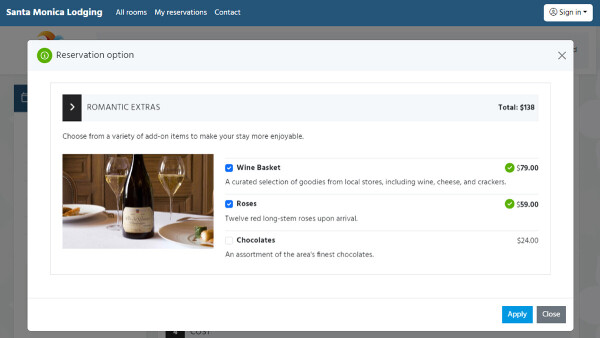
For direct discounts, access codes provide a simple and easy way to make discounted rates available online to a select group of customers (like social media followers, loyalty members, or corporate accounts).
WebRezPro’s OBE also includes a guest portal, My Reservations, allowing customers with upcoming or previous bookings to log into the OBE to manage and modify their existing bookings and make new ones quickly and easily using their guest profile information. The online guest portal saves time for guests (and staff!) and strengthens customer relationships.
Channel Management
Managing all of your distribution channels efficiently is key to maximizing direct bookings and revenue. A reservation system that offers direct integration with OTAs enables lodging operators to oversee rates and inventory across all channels from a single point of control. These connections not only save time and prevent double bookings, they empower lodging operators to improve response times to market fluctuations and gain insight into their most profitable sources.
Integrated channel management is important for developing an effective direct-booking strategy as part of a complete distribution and revenue plan.
Tracking and Reporting
To measure the success of your book-direct campaigns, reservations coming through your OBE must be tracked in your property management system.
With WebRezPro, you can automatically track bookings from your OBE as well as OTA channels, Facebook, mobile, and by repeat guests, using market and/or source codes. Market codes can also monitor direct online bookings resulting from online advertising campaigns. Understanding where your bookings originate is key to refining your strategy.
Use our customizable booking and sales reports to identify which incentives (from special rates to add-on amenities) are most effective for driving direct revenue.
Encouraging direct bookings isn’t just about saving on OTA commissions—it’s about building stronger guest relationships and brand loyalty. Supported by a seamless, commission-free online booking engine like WebRezPro, offering the right incentives can significantly boost direct revenue and enhance the guest experience.







